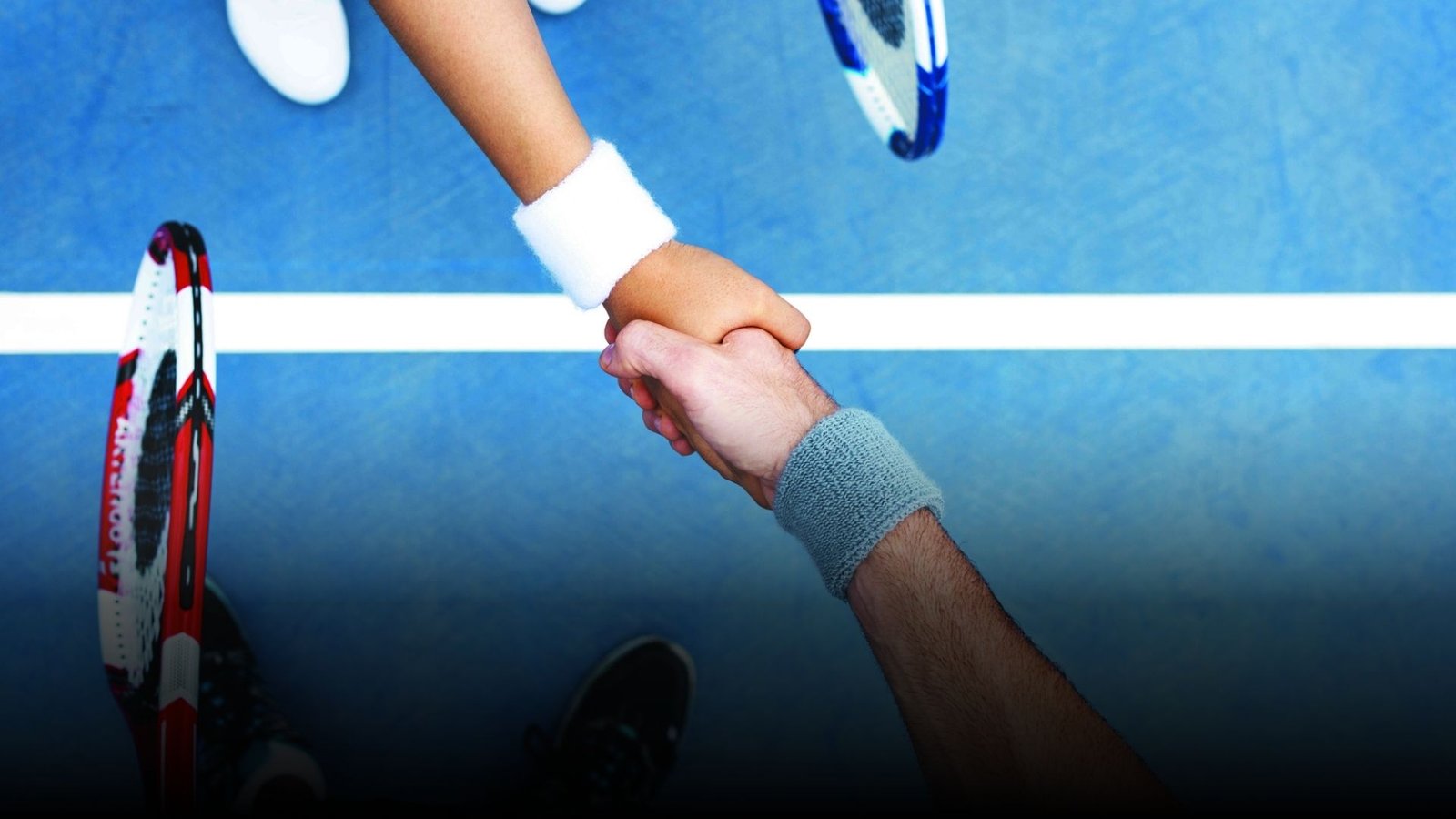
In every sport, respect remains the foundation for true sportsmanship. It goes way beyond the scoreboard, the adoring crowd, or the laurels of triumph. Respect brings together players, coaches, officials, and spectators to the universal values that power sports as forces for unity and growth. Courtesy is not something it is a responsibility that ensures game integrity and dignity on all sides.
Respect among players
Athletes come from all walks of life and experiences but have the same love for their respective sports. All athletes should be respected, whether they are skillful or not. A handshake before or after a match, assisting an injured competitor, or applauding an opponent’s great play shows respect on the field. Such acts remind everyone that while winning is a goal, it is how the game is played that matters much more.
In team sports, respect bolsters camaraderie. Respectful teammates are those who can value the others’ contributions regardless of whether that person is a star scorer or an unsung defender. This attitude of trust and teamwork often makes a team succeed more than the opponents.
Respect for Coaches and Officials
It goes beyond the players and reaches out to coaches and referees. Coaches take time and effort to make the athletes not only good players but also individuals. Listening to their advice and giving due respect to them in the game builds mutual respect and a good learning environment.
Referees, often the unsung heroes of sports, play a critical role in maintaining fairness. Disputing calls or showing hostility undermines the spirit of the game. Respecting their decisions, even when disagreeing, sets an example for others, particularly younger athletes and spectators.
Respect in the Stands
Fans and spectators also provide a vital factor in instilling respect in sport. Cheering for a particular team should not be at the expense of discrediting their opponents or theirs. Respectful fans make all the difference, creating a feel-good atmosphere as both teams find themselves encouraged to perform.
But perhaps the most important responsibility of parents, particularly, in youth sports lies in respect. Showing respect to coaches, referees, and even players teaches youth athletes how to conduct themselves with dignity and grace, not only in sports but also in life.
Respect in sports transcends just the game; it teaches lessons that continue to apply in classrooms, workplaces, and communities. When athletes express respect, people begin to become role models of that same sort of behavior.
Sports unite people in a world that is too often divided by competition and differences. Respect means that the unification has to be built on the grounds of equity, integrity, and mutual respect. If the players, coaches, referees, and fans exercise respect, the game goes beyond just competition is a celebration of human spirit.
Every game, win or lose, is a reminder: respect is not part of the game. The game is respect.
How do you feel about this article?






